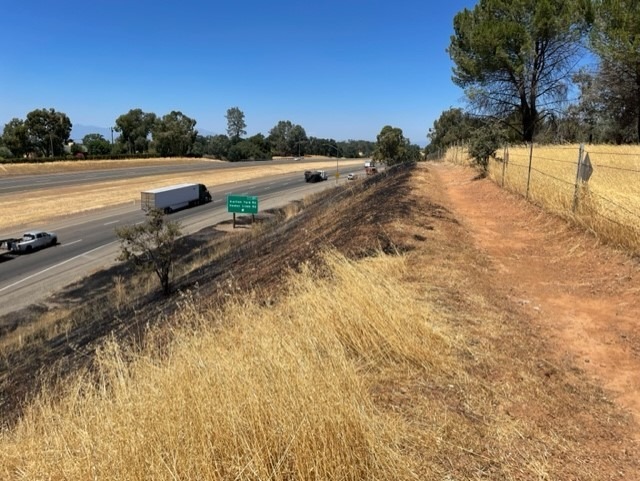Fuels Reduction
Track our progress reducing overgrown vegetation, which helps remove what fires need to spread or become more severe.
Fire is an essential ecological process; however, many parts of the state are more vulnerable to severe wildfires, droughts, and impacts from a changing climate. Millions of Californians live in or near wildlands and other high-risk areas, and many more depend on the benefits these ecosystems provide.
CAL FIRE and our local grantees are removing overgrown vegetation through prescribed fire, tree thinning, pruning, chipping, and roadway clearance. These efforts create breaks that change fire behavior, reduce negative ecosystem impacts, and enable fire fighters to protect communities.
CAL FIRE engages in fuels reduction work and fire prevention activities year-round. Track the progress of projects funded this year and last fiscal year.
Treatment acres reported in CAL FIRE’s Fuel Reduction Projects Viewer may differ from those displayed in the California Wildfire & Forestry Resilience Task Force Dashboard. CAL FIRE’s Viewer reports by the state fiscal year (July-June), only includes treatments related to fuels reduction, and includes work measured in units such as hours and tons. The Task Force Dashboard is based on calendar year, includes a wider suite of activities, such as tree planting, and only reports work measured in acres.
Fuels Treatment Effectiveness Reports
Almost every day, CAL FIRE, our partners, and grantees are conducting hazards fuels reduction work through prescribed fire, manual and mechanical treatments. These efforts result in modified vegetation that change fire behavior, reduce impacts to ecosystems, and promote community resilience. Fuels Treatment Effectiveness Reports showcase how these fuels reduction efforts not only assist firefighters in suppression efforts, but also how fuels treatments protect the life, property, and natural resources of California.
